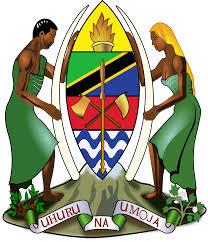British and Irish Legal Information Institute
The British and Irish Legal Information Institute (BAILII) provides access to the most comprehensive set of British and Irish primary legal materials that are available for free and in one place on the internet. In August 2012, BAILII included 90 databases covering 7 jurisdictions. The system contains around 36 gigabytes of legal materials and around 297,513 searchable documents.












